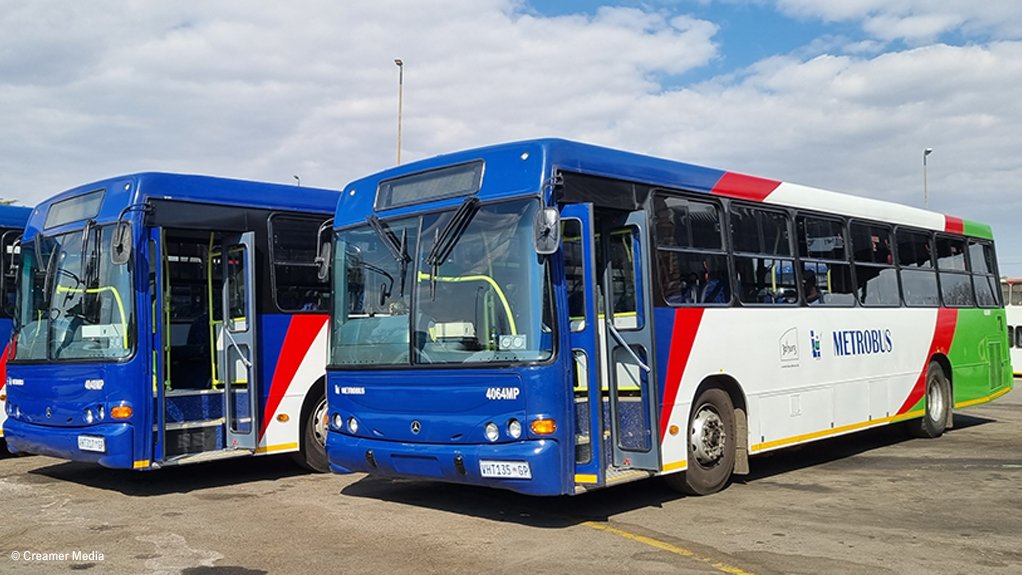The City of Cape Town has signed a new six-year contract with transport and tour company HG Travelling Services to operate the Dial-a-Ride service for those who cannot make use of conventional public transport.
A newly refurbished fleet, the introduction of a Dial-a-Ride mobile app and an online platform for virtual payments and bookings are among the improvements that will be available to eligible users.
“This is part of our efforts in keeping differently-abled Capetonians moving,” says the city’s Urban Mobility MMC Councillor Rob Quintas.
He explains the City of Cape Town provides transport to commuters with special needs who cannot use conventional public transport services. These commuters have been assessed by a relevant healthcare practitioner and found to be eligible to use the Dial-a-Ride service.
“We have signed a new six-year contract with HG Travelling Services to operate this service at a cost of about R28.1-million a year,” Quintas says, adding that about R18.1-million is subsidised by the city, with the remaining R10-million being subsidised by the Western Cape provincial government.
Importantly, the new contract enables the expansion of the service, through subcontracting, to accommodate more eligible users as more funding becomes available in future years.
In brief, the city is replacing the current cash and card payment system with a virtual travel wallet for advance payments.
“I am excited to announce we are also busy developing a dedicated Dial-a-Ride online platform and mobile app to make the service more convenient,” enthuses Quintas.
Further, key functionalities will become available in phases, as from November 1, 2024.
He says he trusts these improvements will make it easier to register and apply for the services, book trips, track vehicles and more.
Jumping on the Cashless Bus
Meanwhile, Gauteng-based integrated public transport company Metrobus also announced that, effective from October 1, all services will transition to a cashless system.
This initiative marked a significant step in the City of Johannesburg’s digital transformation efforts aimed at enhancing commuter experience and supporting its vision of becoming a smart city.
As part of its commitment to providing reliable and efficient transport, Metrobus aims to create a safe and convenient environment for all commuters.
According to Metrobus, going cashless not only aligns with global best practices but also minimises health risks associated with cash handling, especially considering recent public health concerns.
As of the implementation date, commuters are no longer able to purchase or refill bus tags using cash.
Instead, Metrobus encouraged the use of various digital payment methods, allowing for a streamlined and secure travel experience.
To facilitate this transition, it has expanded its network of sales outlets, ensuring easy access to purchasing and refilling options.
Current and potential commuters were notified at the beginning of August that the organisation would be going cashless.
In addition to enhancing safety, this new approach will enable Metrobus to gather accurate data on commuter profiles, numbers and locations, leading to more effective resource allocation and improved service delivery.
Metrobus also reminded commuters that fare evasion remains an offence under municipal transport by-laws, and it is essential to comply with the prescribed payment methods.
It added that it is committed to making this transition as smooth as possible for its commuters.
“We appreciate your understanding and cooperation as we move towards a more modern, efficient and safe transport system,” the company concluded.
Edited by: Nadine James
Features Deputy Editor
EMAIL THIS ARTICLE SAVE THIS ARTICLE
ARTICLE ENQUIRY
To subscribe email subscriptions@creamermedia.co.za or click here
To advertise email advertising@creamermedia.co.za or click here















